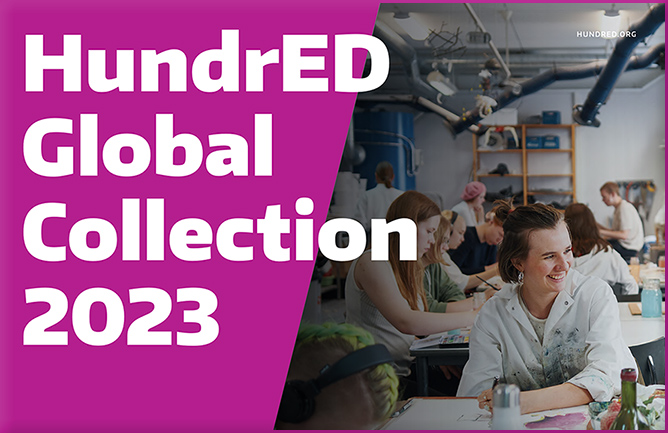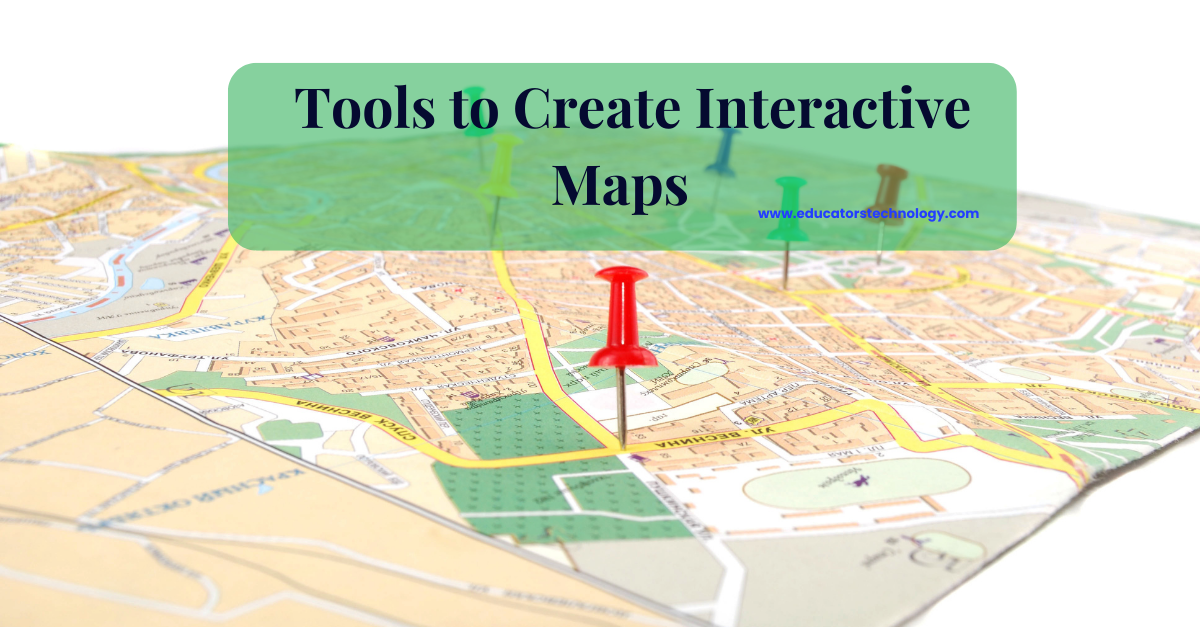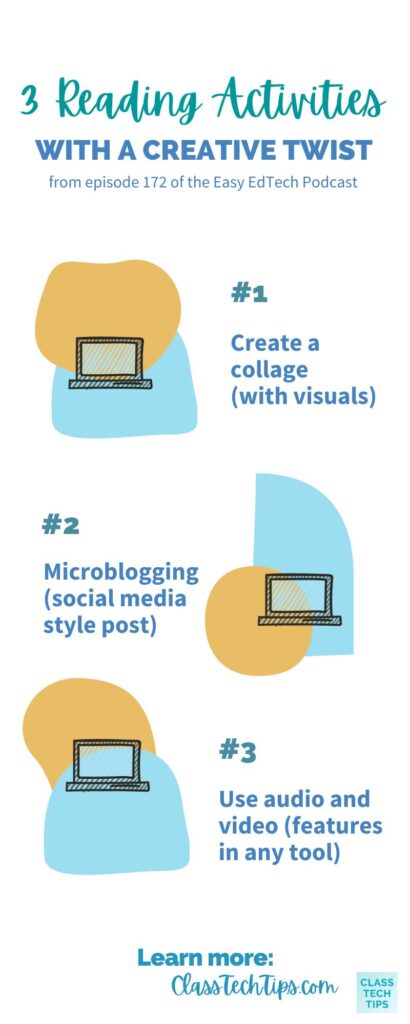The State of the American High School in 2024 — from gettingsmart.com by Tom Vander Ark
Over the past 120 days, we’ve conducted tours of over 50 high schools in more than 1,000 classrooms across various cities including Boston, Dallas, Los Angeles, Northern Colorado, Kansas City, Twin Cities, Pittsburgh, and San Diego. These schools were purposefully selected for their dedication to real world learning, positioning them at the forefront of innovative education. These visits showed schools leading the way into new pathways, active learning methods, and work-based learning initiatives. From our observations at these leading schools, we’ve identified 8 key insights about the state of American high schools.
We are on the brink of a significant transformation in how education qualifications are perceived and valued, thanks to a strategic move by ETS to make Mastery Transcript Consortium (MTC) a subsidiary. This pivotal development marks a shift from traditional metrics of educational success—courses and grades—to a more nuanced representation of student abilities through skills transcripts.
The partnership between ETS and MTC is not just a merger of organizations, but a fusion of visions that aim to recalibrate educational assessment. The collaboration is set to advance “Skills for the Future,” focusing on authentic, dynamic assessment methods that provide clear, actionable insights into student capabilities. This shift away from the century-old Carnegie Unit model, which measures educational attainment by time rather than skill mastery, aims to foster learning environments that prioritize personal growth over time spent in a classroom.
As we move forward, this approach could redefine success in education, making learning experiences more adaptive, equitable, and aligned with the demands of the modern world.
See:
Skills Transcripts at Scale: Why The ETS & MTC Partnership is a Big Deal — from gettingsmart.com by Tom Vander Ark
Key Points
- One of the core problems is that education is based on time rather than learning.
- We finally have a chance to move courses and grades into the background and foreground powerful personalized learning experiences and capture and communicate the resulting capabilities in much more descriptive ways—and do it at scale
How to Help Older Students Who Struggle to Read — from nataliewexler.substack.com by Natalie Wexler
Many students above third grade need help deciphering words with multiple syllables
Kockler hypothesizes that the reading struggles of many older students are due in large part to two issues. One has to do with “linguistic difference.” If a child’s family and community speak a variant of English that differs from the kind generally used in books and by teachers—for example, African-American English—it could be harder for them to decode words and connect those words to their meanings.
The Decoding Threshold
The other issue has to do with difficulties in decoding multisyllabic words. Kockler points to a couple of large-scale research studies that have identified a “decoding threshold.”
In theory, students’ reading comprehension ability should improve as they advance to higher grade levels—and it often does. But the researchers found that if students are above fourth grade—past the point where they’re likely to get decoding instruction—and their decoding ability is below a certain level, they’re “extremely unlikely [to] make significant progress in reading comprehension in the following years.” The studies, which were conducted in a high-poverty, largely African-American district, found that almost 40% of fifth-graders and 20% of tenth-graders included in the sample fell below the decoding threshold.
What Is Doxxing, and How Can Educators Protect Their Privacy Online? — from edweek.org by Sarah D. Sparks
The education profession relies on teachers being accessible to their students and families and open to sharing with colleagues. But a little information can be a dangerous thing.





















